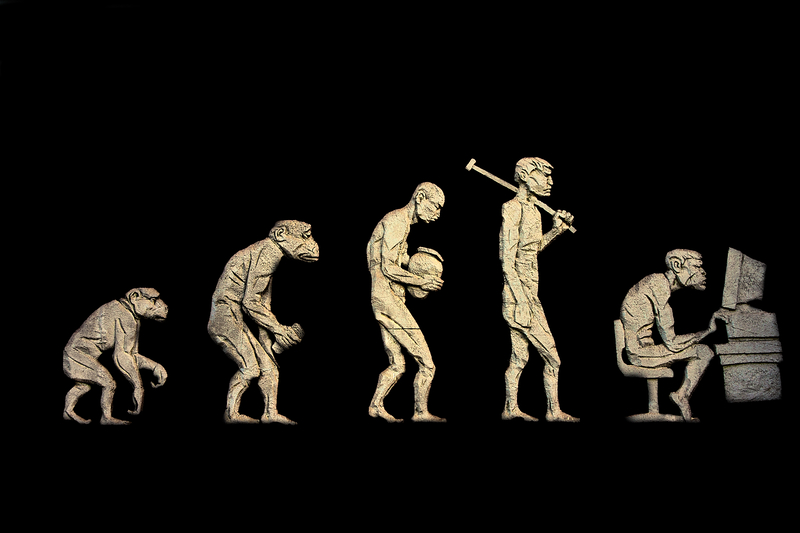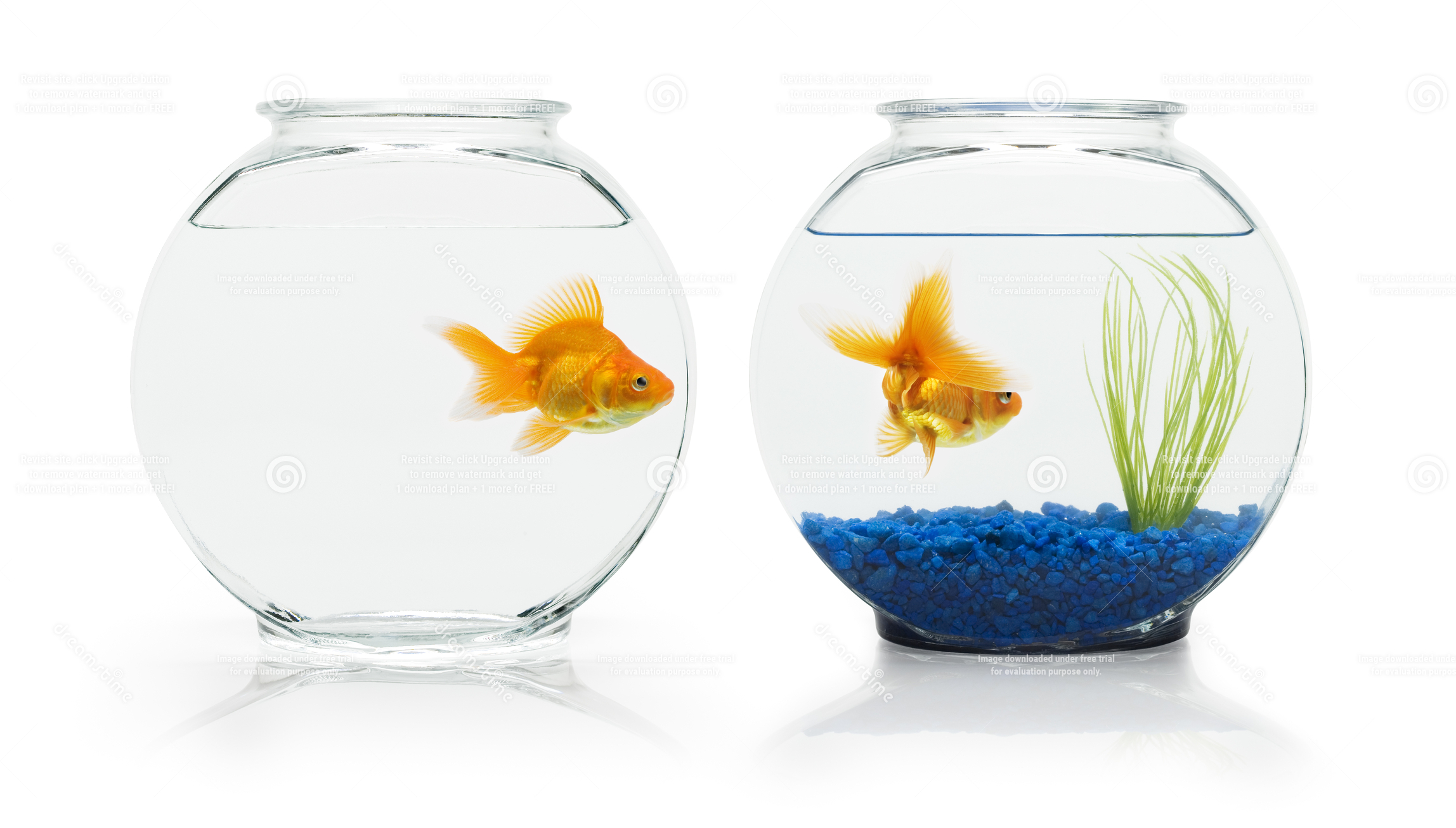Would you like to make peace with your mind constantly comparing your life to everyone else’s?
Our brain is hardwired to compare things. Comparison involves examining the similarities and differences between two or more things, situations, or concepts. It’s a common method used in various contexts such as literature, science, economics, and everyday decision-making. When used wisely, that ability keeps us safe, alive, and, ideally, happy.
“Comparisonitis,” on the other hand, is a colloquial term used to describe the tendency to compare oneself to others, often leading to feelings of inadequacy, envy, or dissatisfaction. It’s particularly prevalent in the age of social media, where people often showcase curated versions of their lives.
Things go haywire with comparisonitis and we feel like we’re coming up short in terms of success, beauty, wealth, opportunity, or lifestyle. It leads to keeping up with the Joneses. That futile competition has no reward but leaves us spending money that we don’t have on things we don’t need.
By reframing comparison as a means of gathering information and inspiration rather than a source of judgment or inadequacy, individuals can use it to set goals, gain insights, and cultivate empathy.
Comparison is deeply ingrained in human psychology, serving evolutionary purposes such as assessing threats and opportunities for survival. However, in today’s complex social landscape, this innate tendency can sometimes lead to negative outcomes when applied to aspects like self-worth and happiness. Acknowledging the natural inclination to compare while also fostering self-awareness and cultivating healthy comparison habits can help strike a balance.
Harnessing the benefits of comparison involves understanding its evolutionary roots and leveraging it as a tool for growth and self-improvement. Encouraging healthy comparison practices, such as focusing on personal progress rather than external validation, seeking diverse perspectives, and celebrating individual strengths, can empower individuals to navigate comparison in a constructive manner.

Image credit: Photo 12414263 | Evolution © Chun Guo | Dreamstime.com
The Evolution of Comparison:
Over the course of human evolution, our tendency to compare stems from our ancestors’ need to assess their environment. This tendency plays out even between nations, and there are different schools of thought on the advantages of absolute gains versus relative gains. David Rousseau, Assistant Professor of the Department of Political Science at UPenn wrote extensively on absolute gains and relative gains.
According to Angela on New York University’s blog, Comparisons allow us to form a baseline for where we are in life, and where we want to be. They allow us to take stock of and calibrate ourselves.
Human judgment is by nature comparative. When people make evaluations, they do so in relation to a pertinent norm or standard… [This] provide(s) efficient strategies to make judgments and decisions. By focusing on a subset of information rather than engaging in an exhaustive search of one’s knowledge base, social comparisons enable humans to save scarce cognitive resources. (https://www.ncbi.nlm.nih.gov/pmc/articles/PMC4222713/)
The Downside of Comparison:
“The danger of comparing ourselves to others is that our comparisons are never fair,” writes Magda Murawska, M.Ed. “By comparing ourselves to others we’re negating our own road and demanding that the past be different than what it was. The demands we place on ourselves to be like those we’re comparing ourselves to may sometimes be motivations for change, however they are more likely to lead to feelings of diminished self-worth.”
There was one particular time when comparison worked in my favor. I’d just completed a great massage and the client gave me lots of praise. I waited outside the treatment room feeling fantastic. My manager walked by, and I told him how wonderful the client felt. He looked down at my uniform, pointed, and said, “What’s that?”
I looked to see I’d smudged massage cream on the placket of my top. My shoulders slumped, but not in shame – I was disappointed in my manager. There was a time when such an unfeeling response would have crushed my spirit. I had to compare what I knew about miserable people to what I knew about my personal growth.
His fault-finding nature was on him. It wasn’t a reflection on me or my performance. I knew I’d done a great job and exceeded my client’s expectations for service. I knew I hadn’t done anything wrong and, if his only response was to nitpick, then nothing would ever please him. And that’s a shame. For him.

Image credit: Photo 19288781 © Stocksnapper | Dreamstime.com
Harnessing the Benefits of Comparison:
Hannah Braime bravely shared her experience of becoming aware of falling into the comparisonitis trap. What’s key is that awareness is always the first step to making a meaningful and intentional change.
When I had a face-to-face conversation with a former manager, he told me that he used to be a massage therapist and the transition into management was painful. He earned less money as a manager. As I listened, thought of my paychecks and didn’t want them to go down. I’d weighed the pros and cons of switching from service provider to manager before. Weighing pros and cons is just another term for compare and contrast, after all.
It occurred to me that my manager probably didn’t have what it took to be a good massage therapist, so going into management had been his only option to remain employed. There are plenty of people who prefer a steady paycheck instead of the unpredictable pay of a massage therapist.
In my value system, a massage therapist has to connect on a human level with clients. That’s only possible when the therapist embodies empathy, which I thought my manager lacked.
In truth, I found him to have the neediest of egos and prowl around the workplace looking for the tiniest of flaws and infractions to blow up in our faces. The conclusion I came to from that comparison was I had more to offer as a therapist than he ever could. And that was OK.
It’s possible to compare ourselves with others on deeper levels than what we typically see on social media. A person may be physically attractive, but have an envious heart. In a situation like that, it’s in our best interest to protect against harm from such a person.
My brother is fond of comparing me to my financially successful cousins. A few of them reached the six-figure milestone years ahead of me. During that time, I had to keep reminding myself that their path had been different from mine. I got swept down into feeling inadequate and behind, especially since these cousins are younger than me. Those reminders gave me a boost. I had to remember that everyone is comparing all the time, and while some may be snooty about my lack of progress, others would envious that I was ahead of them.
It’s all relative. The key is to celebrate whatever achievement we make, however small and however late.
Practical Strategies for Healthy Comparison:
We can use our tendency to compare to set personalized goals based on our own values and aspirations. Let’s say you set a goal to improve your resilience to stress by setting aside twenty minutes every day to practice yoga. When a classmate in yoga can hold a pose for fifteen seconds longer than you can, recognize that you have a choice in how you let it affect you emotionally. You can either see it as a sign of weakness, or see it as a benchmark to strive toward.
One way to counter comparisonitis is to ask that classmate what she does to improve her yoga practice. Take down some notes and ask her to show you how. Ask what it was like for her when she started, and she’ll probably tell you. Her reasons for getting interested in yoga may be similar to yours. Just like that, you could have a new friend instead of a rival.
Give yourself grace. It’s rare for people to be great at something they try for the first time. Make it a point to learn to wield the skill of comparison deftly. Learn to use it to your advantage, to mature, to enlighten, to be wise, and to tend to your needs.
Don’t set yourself up for failure. I believe it’s futile to try to stop comparing. It’s part of our neurological makeup. Since that’s the reality, it’s in our best interest to use the gift of comparison as a tool. If a carpenter gave us a finely-honed hammer as a gift, it’s unlikely the carpenter expected us to beat ourselves over the head with the hammer. So why beat ourselves up with the tool of comparison?
Practice gratitude and self-compassion. Not all negative comparisons come from inside our own heads. Sometimes they come from other people whose opinions we may (or may not) respect. In times like that, remember other people are imperfect, whether they mean well or not. Other people don’t have a stranglehold on objective reality. How can someone else know how to measure our progress? Our progress may be relative to other people’s progress, but our absolute gains can still be measured, treasured, and celebrated.
As for my journey into entrepreneurship, I can empathize with previous employers. There are so many decisions to make. I still believe I’m better suited as a massage therapist than them, and that’s not the worst thing to believe. Accepting that we all have a role to play in life makes it easier to maintain confidence in ourselves.
Here’s a simple reframing to boost your confidence and self-worth whenever you’re feeling down or inadequate. Just replace my name with your own.
God said, “Let there be April. And then there was April. God looked and saw April, and God said, “April is good.”
Conclusion:
Our brain is hardwired to compare things to keep us safe, alive, and, ideally, happy.
When we apply the innate tendency to compare our self-worth and happiness to other people’s, we run the risk of damaging our mental health.
Embrace comparison as a tool for self-improvement while prioritizing self-awareness and self-compassion.
Leave a comment. Share reflections on your own comparison habits and which methods of reframing comparisonitis that you’re going to try.
Contact: aprilheathlmt@gmail.com

Good info. Unfortunately, I suffer from comparonitis. But I believe it helps to drive me to becoming a better writer.
Hello Theresa,
I appreciate your honesty. It’s that self-awareness that will help guide you and help you keep pressing forward in the direction of your dreams when you use comparison as a tool. I applaud that!
Be well,
April